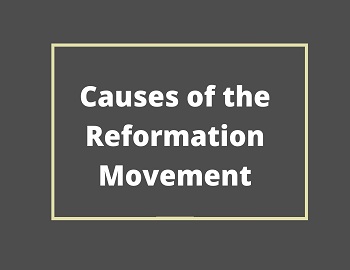Table of Contents
Treaty of Versailles:
The Treaty of Versailles was the most important and most controversial of all the treatises signed after the First World War. On 28th June 1919, the representatives of Germany put their signature on this treaty. The very next day a German newspaper published an essay ‘Let us not forget’. Through this, it was said that Germany would try again to join the line of civilized nations and to revenge the 1919. It is believed that the seeds of the Second World War lay in these very words.
Territorial Provisions of the Treaty of Versailles:
- The provinces of Alsace and Lorraine were taken away from Germany and they were given back to France.
- Eupen and Malmedy were given to Belgium.
- Hultschin was given to Czechoslovakia.
- The Mineral-rich Saar Valley of Germany was leased to France for exploitation for 15 years. The province of Saar was put under the control of the League of Nations and a Commission was set up to run its administration. After 15 years a plebiscite was to be held to decide whether the inhabitants of Saar wanted to join France or Germany or remain under the League of Nations.
- Northern Schleswig was snatched from Germany and was given to Denmark.
- The Polish territories were taken back from the possession of Germany, Austria and Russia. In this way, Poland again came to be established as an entity. A corridor was also given to Poland for reaching the Baltic Sea.
- Danzig and Memel were put under the control of the League of Nations and the people of these regions were to decide by future referendum if they wanted to stay in Germany or not.
- Germany recognized the independence and sovereignty of the newly constituted states of Belgium, Poland and Czechoslovakia.
- Germany lost her rights in China, Turkey, Egypt, Morocco and Bulgaria.
- All colonies were snatched away from Germany and these were divided among the Allied Powers according to the Mandate System.
Military Provisions of the Treaty of Versailles:
- The strength of the German army might not exceed one lakh soldiers, including four thousand officers.
- The General Staff of Germany was dissolved.
- The universal compulsory military service was abolished.
- Germany was not allowed fortification on the right bank of the Rhine and the area stretching up to 50 kilometres on the left bank was demilitarised. All her forts in that area were pulled down.
- Germany was prohibited from having any kind of air force.
- Germany was allowed to maintain only a small navy with only six capital naval ships and no submarines.
- It was also decided that the fortification of the sea-port of Heligoland would be destroyed.
- The Allied Powers were authorized to set-up inter-friendly national commissions to supervise the implementation of the sections relating to demilitarization. These commissions were given wide powers to go in any part of Germany and gather information regarding demilitarization.
About these military arrangements, Carr has written that no other country had ever been demilitarized so sternly as Germany was. We have no such example in the written history available at present.
Economic Provisions of the Treaty of Versailles:
According to article 221 of the Treaty, Germany was made responsible for economic damage. It was provided here that Germany would give allied power 15 billion Pound by 1921 and thereafter 1.5 billion Pound every year.
Under article 231 Germany was declared solely responsible for the war. Germany was deprived of important mining areas. Still it was provided that she will continue to give 8 million tonnes of coal to England and Belgium and 7 million tonnes to France annually.
The burden of repayment of loan taken by Belgium from Allied powers during the war was put on Germany.









Comments (No)